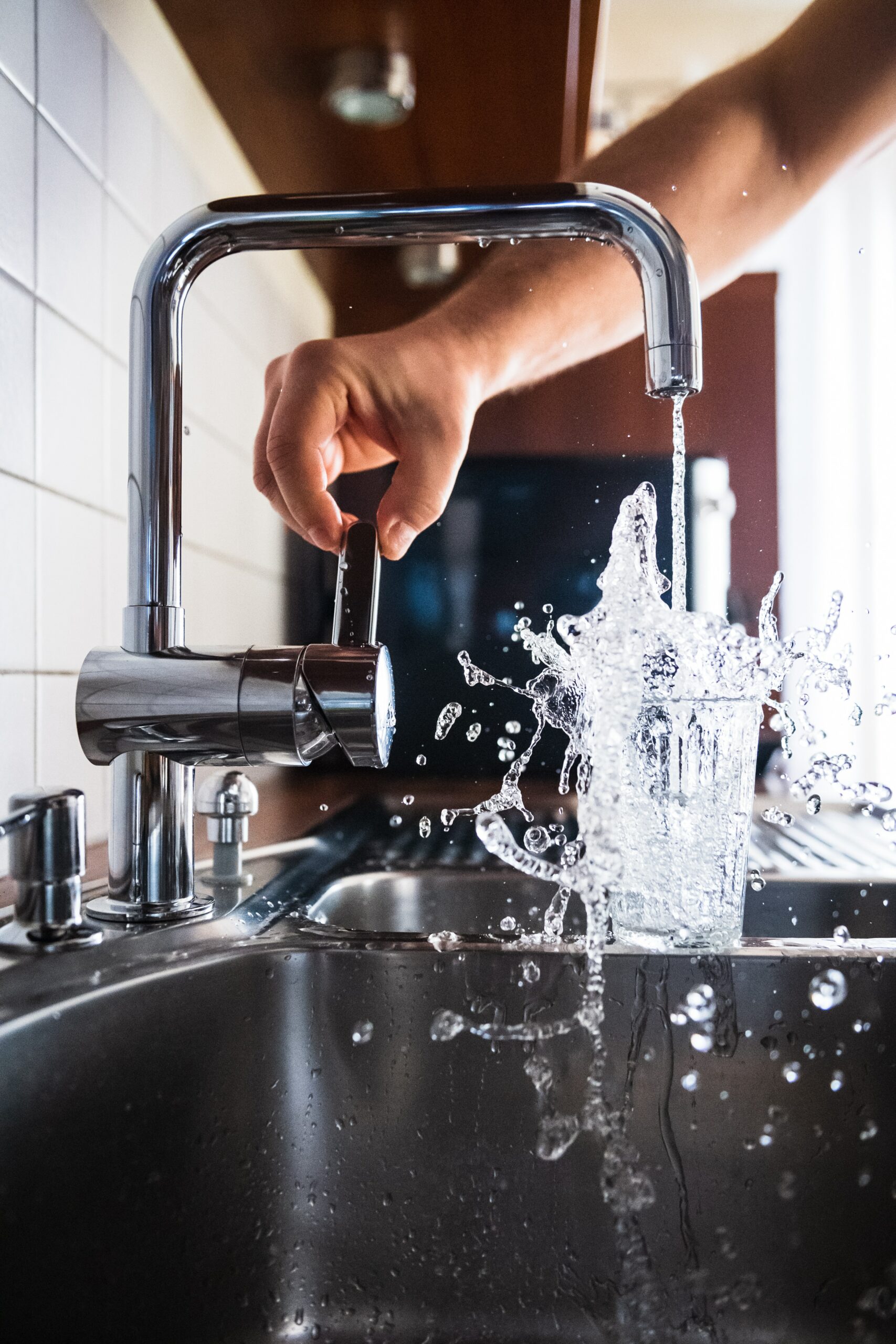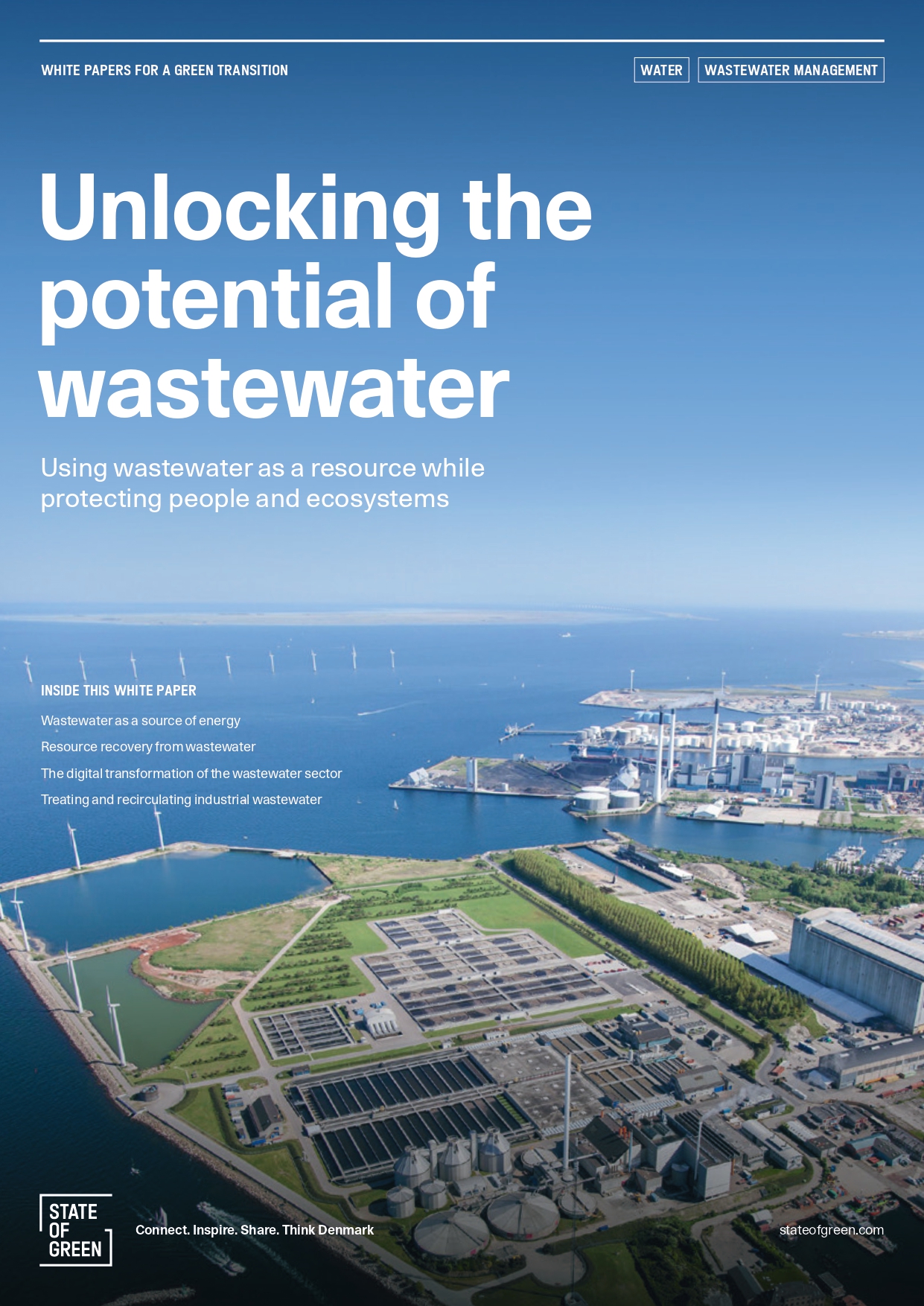Download our publication on unlocking the potential of wastewater
Discover our white paper on how to use wastewater as a resource while protecting people and ecosystems.
Download the publicationPerspective
Groundwater management
Water management
Water resource management
+1


Everyone deserves water that is clean and safe to drink. In Denmark, our drinking water is sourced entirely from groundwater. Our strategy is to protect our groundwater resources and in return, our drinking water only receives minimal treatment. Most waterworks simply pump, filtrate, and distribute it to the consumers. We monitor it carefully and work to secure clean groundwater for future generations.
Water is a scarce resource – and every drop counts. We must make the most of the water we have. In Denmark, we have low levels of water consumption. Benchmarking measures performed, by DANVA, based on major water utilities in Denmark show that the average Dane consumes just over 101 litres a day, our water loss is less than 8 per cent and our industries are increasingly focusing on water efficiency and reuse in their production. The price is based on full cost recovery, which ensures a reliable and efficient water supply 24 hours a day. Now let’s fight to make every drop count worldwide.
Wastewater should no longer be thought of as a problem. Instead, let’s turn our wastewater treatment plants into energy and resource recovery facilities, where we can extract phosphorous and produce organic fertiliser and biogas. In Denmark, we also aim to utilise wastewater even further up the value chain to produce products such as biofuels and bioplastics.

Discover our white paper on how to use wastewater as a resource while protecting people and ecosystems.
Download the publicationWater plays a key role in creating a sustainable world. It is important to make sure our water management is sustainable as well. In Denmark, we use a minimum of energy to pump and treat water. We work continuously to be energy efficient, and we contribute to a greener and more flexible energy system by producing energy from wastewater. In fact, some facilities are now producing more electricity than they consume. By 2030, the Danish water sector aims to be energy and climate-neutral across the entire water cycle.
Rainwater can improve urban life if it is managed wisely. In Denmark, we store and delay rainwater and stormwater in parks, streets and football fields to create both resilient and liveable cities for a growing population. By doing so, we adapt to the changing climate and weather patterns as well as increase our biodiversity. So, while we may not be fans of rainy days, we appreciate what rainwater can do for us.
Water can be used actively in urban development. Waterfront areas and blue-green infrastructure can transform neighbourhoods and create economic growth. By treating our wastewater and managing our stormwater in underground basins, we have transformed polluted inner-city harbours into urban oases. So that when the weather permits, you can go fishing or swimming in the harbour in
Danish cities.
We want to connect, inspire, and learn from each other in global partnerships – and work together to contribute to amore sustainable world. Water is one of our most valuable resources and it plays into many other agendas such as adapting to and mitigating climate change and increasing biodiversity. Through national and global partnerships across sectors, we can deliver on the UN Sustainable
Development Goals on water and sanitation, affordable and clean energy, sustainable cities and communities and life on land and under water. Water is life. And with the right care for water, we can make better lives.